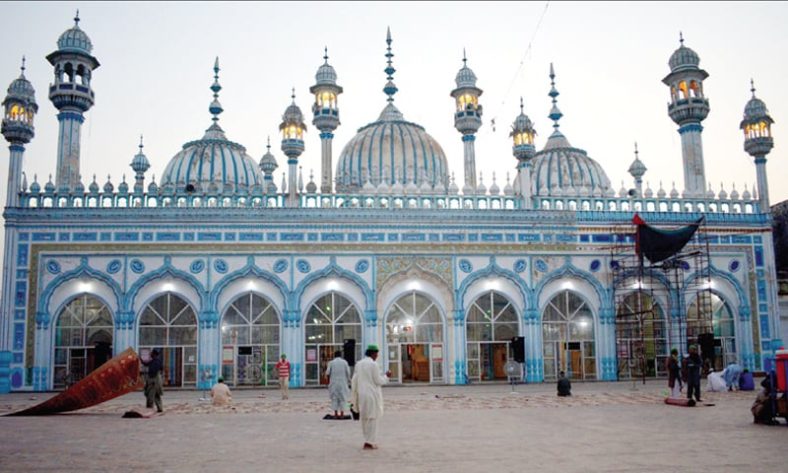Rawalpindi Prayer Time
Rawalpindi Paryer Time – Rawalpindi, located in the southern part of Punjab province in Pakistan near the Margalla Hills, experiences harsh summers and cold winters. Prayer times for Fajr, Asr, and Maghrib in Rawalpindi vary throughout the year. For instance, Fajr prayer time is at 3 a.m. in summer and around 6 a.m. in winter. Similarly, school timings adjust to the climate, with schools opening and closing earlier during the hot summer months.
Muslim prayer, known as Salah in Arabic and Namaz in Urdu, is a fundamental pillar of Islam. Muslims are required to perform prayer five times a day. Salah is a profound way to express gratitude to Allah, the Most Merciful, to stand humbly before God, acknowledge one’s shortcomings and sins, and seek forgiveness.
Fajar Prayer Time in Rawalpindi
Fajar is the first Prayer of the day which starts before sunrise and lasts for 1 one and a half hours till the sun rises. The Fajar time changes according to sunrise time throughout the year. Check daily Situs Slot Bet 200 Fajar Prayer time, sunrise time, Dhuhr prayer time, Asr, Maghrib, and Isha prayer time in Rawalpindi.
The Importance of Salah
The importance of Salah, or prayer, for Muslims is profound:
- Pillar of Islam: Salah is one of the Five Pillars of Islam, making it a mandatory act of worship for all Muslims to pray five times a day.
- Connection with God: Salah establishes a direct link between the worshipper and Allah. Through prayer, Muslims communicate with God, seek His guidance, and express their devotion.
- Discipline in Life: Performing Salah five times a day instills discipline and a sense of routine in a Muslim’s life. It helps to organize the day around these spiritual moments, ensuring regular reflection and mindfulness.
- Community: Congregational prayers, especially the Friday prayer (Jumu’ah), allowed Muslims to get together in a single place and stay connected. Praying together in mosques reinforces social bonds and the collective identity of the Muslim ummah (community).
- Moral and Ethical Development: Prophet PBUH said, ‘Your Prayer will stop you from evil deeds’. Regular prayer encourages Muslims to lead a righteous and ethical life. It gives values such as honesty, patience, and compassion, guiding Muslims to live in accordance with Islamic principles.
- Peace: Engaging in Salah provides a sense of inner peace and tranquility. It offers a moment of pause in the daily hustle, allowing slot Muslims to reflect, seek solace, and find comfort in their faith.
- Reminder of Purpose: Salah serves as a constant reminder of the ultimate purpose of life, which is to worship and obey Allah. It helps Muslims stay focused on their spiritual goals and maintain a strong sense of purpose.
